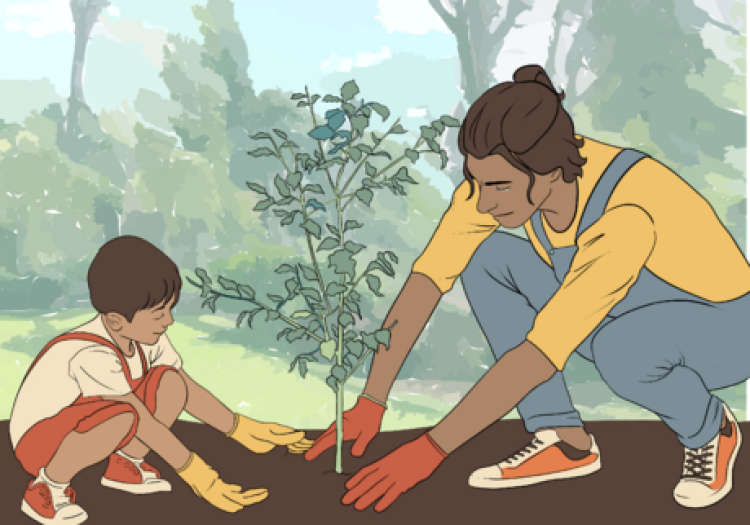
Climate change is a pressing issue that is affecting industries worldwide, including essential oil production. Venkatramna Industries recognizes the impact of climate change on essential oil production and is taking measures to adapt to the changing climate. In this post, we'll explore the impact of climate change on essential oil production and the measures Venkatramna Industries is taking to adapt.
Impact of Climate Change on Essential Oil Production
Climate change is affecting essential oil production in several ways. Changes in temperature, precipitation, and extreme weather events can affect the growth, quality, and yield of plants used to produce essential oils. For example, droughts can reduce plant growth, while floods can damage crops and increase the risk of mold and fungal infections. Extreme heat or cold can also affect the chemical composition of essential oils, leading to variations in quality and potency.
Climate change is also affecting the availability and cost of raw materials used in essential oil production. Some plants used to produce essential oils may become scarce or disappear due to changes in temperature and rainfall patterns, leading to increased costs and supply chain disruptions.
Measures Venkatramna Industries is Taking to Adapt
Venkatramna Industries is taking several measures to adapt to the changing climate and ensure the sustainability of its essential oil production. These measures include:
Sustainable Agriculture Practices: Venkatramna Industries is adopting sustainable agriculture practices to reduce the environmental impact of its essential oil production. This includes using organic farming methods, conserving water, and reducing the use of synthetic fertilizers and pesticides.
Diversifying Crop Selection: Venkatramna Industries is exploring new plant species that are more resilient to changing climate conditions. By diversifying its crop selection, Venkatramna Industries can reduce the risk of crop failures and supply chain disruptions.
Investing in Research and Development: Venkatramna Industries is investing in research and development to improve the efficiency and sustainability of its essential oil production. This includes developing new extraction methods, optimizing production processes, and testing new plant species for their suitability in essential oil production.
Reducing Carbon Footprint: Venkatramna Industries is taking steps to reduce its carbon footprint by using renewable energy sources, improving energy efficiency, and reducing waste and emissions.
Conclusion
Climate change is a significant challenge facing the essential oil industry, but Venkatramna Industries is taking proactive measures to adapt to the changing climate and ensure the sustainability of its essential oil production. By adopting sustainable agriculture practices, diversifying its crop selection, investing in research and development, and reducing its carbon footprint, Venkatramna Industries is leading the way in creating a more sustainable and resilient essential oil industry.

|

|
Currently, there are no comment.
Login to comment